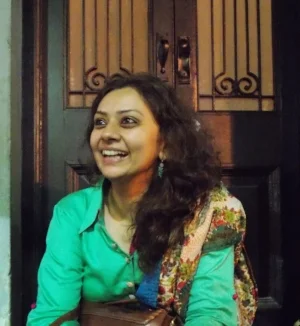2013 Enloe Award Essay
So Many Ways to Love You/Self: Negotiating Love in a Prison
Abstract
Borders, prisons and social norms institute visible or invisible modes of surveillance and control to regulate female desires. Gender-segregated prison spaces, cultural codes of “honor” and the hostile border regulations operate in multiple ways to establish their control. Female desire is primarily seen in terms of the sexual threat that it poses and is often understood in that limited sense. Through an analysis of the narratives of young Bangladeshi women prisoners in two correctional homes in Kolkata, I argue that despite the restrictions and impediments posed by borders, prisons or social norms, female desires flourish in a multitude of forms which may not be explicitly sexual. This paper will illustrate the ways in which young Bangladeshi women negotiate, manipulate and resist both societal and institutional norms they encounter and get involved in relationships of “love.” It will mark the dynamic ways in which they, through their perceptions and expressions of love, challenge two intrinsically patriarchal power structures: first, the institutionalized, emotionally sanitized, gender-segregated space of the prison, and second, the heterosexual, monogamous, normative notion of love with sex and marriage as its telos. They do this subtly as well as overtly, in myriad ways by rejecting and more often than not adhering to feminine roles based on an understanding of their responsibilities as Bangladeshi women. Love enables them to preserve a sense of self as well as explore the possibility of a “new” self in a prison in a foreign land.
Author Rimple Mehta

